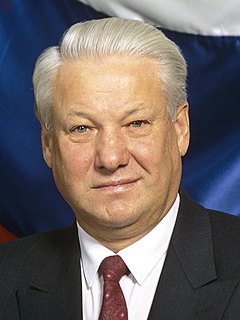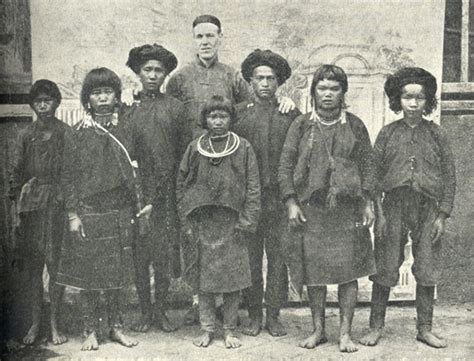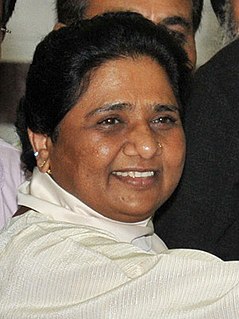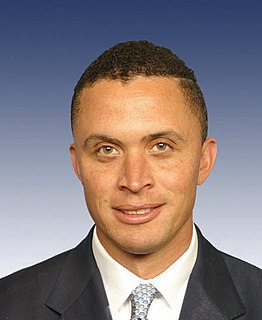A Quote by Boris Yeltsin
A sense of proportion and humanitarian action are not issues for terrorists. Their aim is that of killing and destroying.
Quote Topics
Related Quotes
Any action taken will be against the terrorist network of Bin Laden.... As for the Taleban, they can surrender the terrorists or face the consequences - and again in any action the aim will be to eliminate their military hardware, cut off their finances, disrupt their supplies, target their troops, not civilians.
To mystify, in the active sense, is to befuddle, cloud, obscure, mask whatever is going on, whether this be experience, action, or process, or whatever is "the issue." It induces confusion in the sense that there is failure to see what is "really" being experienced, or being done, or going on, and failure to distinguish or discriminate the actual issues. This entails the substitution of false for true constructions of what is being experienced, being done (praxis), or going on (process), and the substitution of false issues for the actual issues.
The humanitarian wishes to be a prime mover in the lives of others. He cannot admit either the divine or the natural order, by which men have the power to help themselves. The humanitarian puts himself in the place of God.
But he is confronted by two awkward facts; first, that the competent do not need his assistance; and second, that the majority of people positively do not want to be "done good" by the humanitarian. Of course, what the humanitarian actually proposes is that he shall do what he thinks is good for everybody. It is at this point that the humanitarian sets up the guillotine.









































